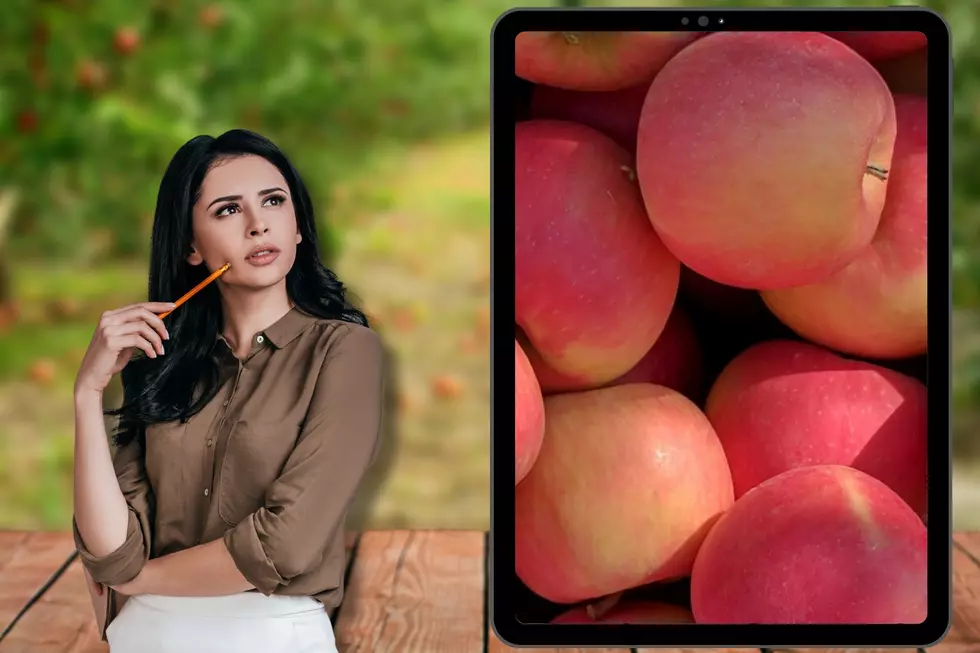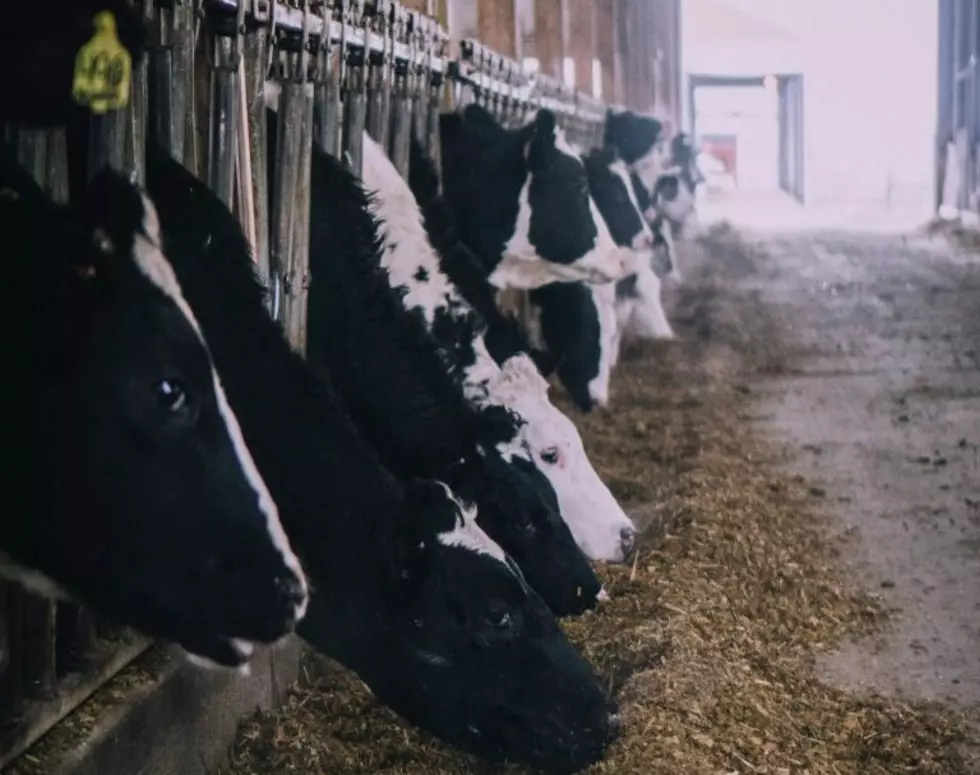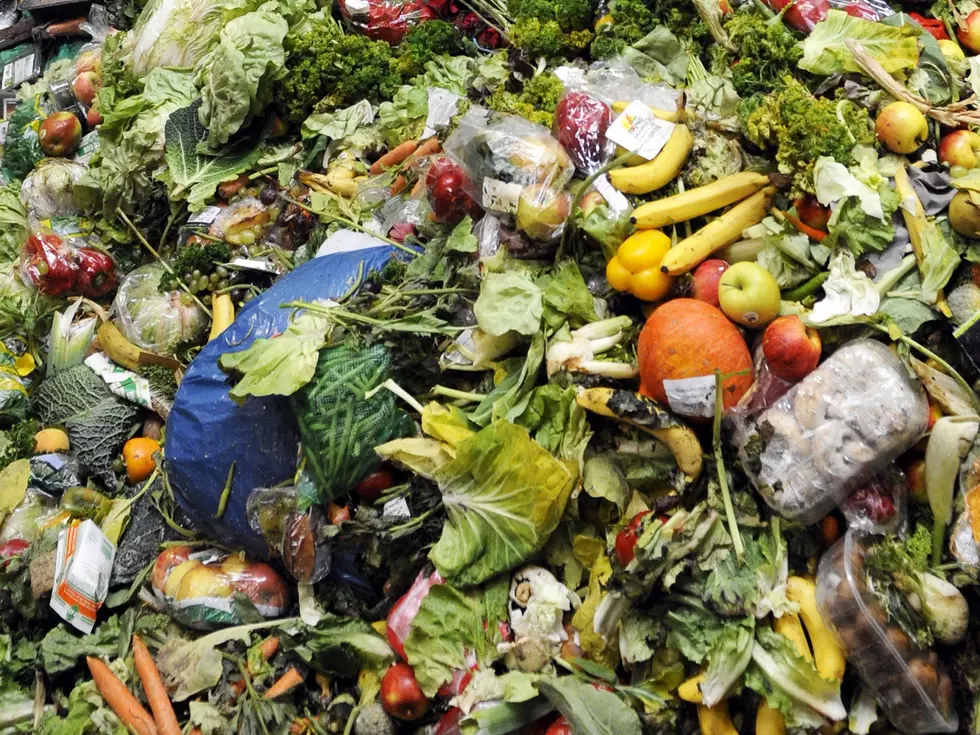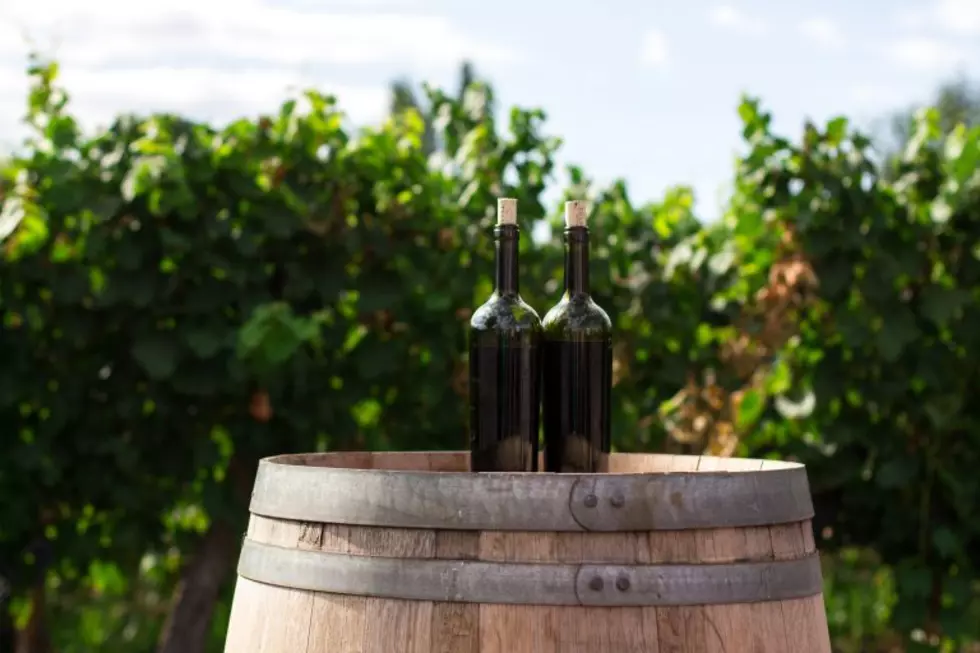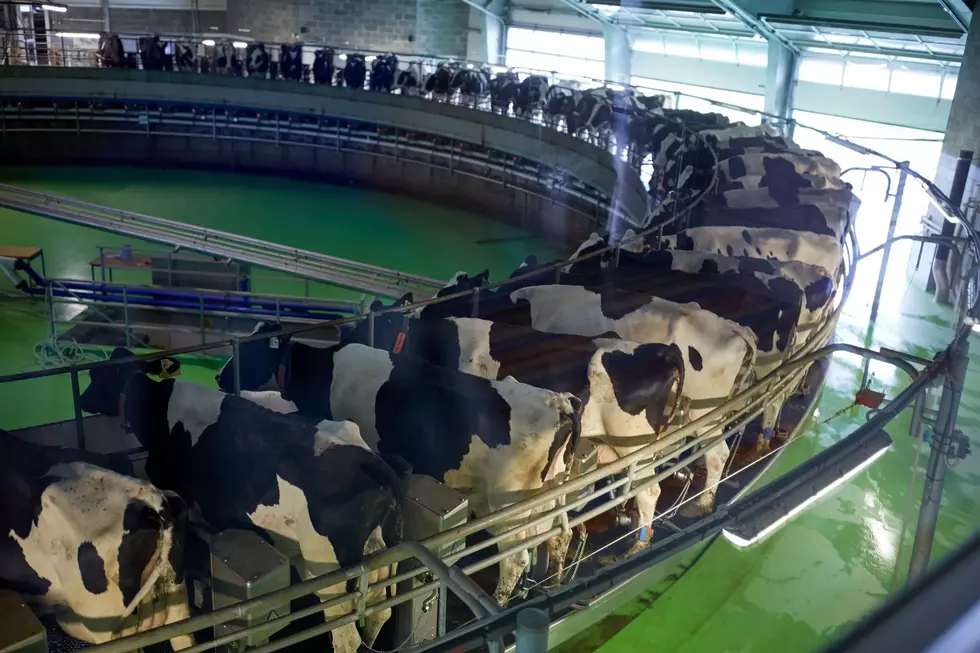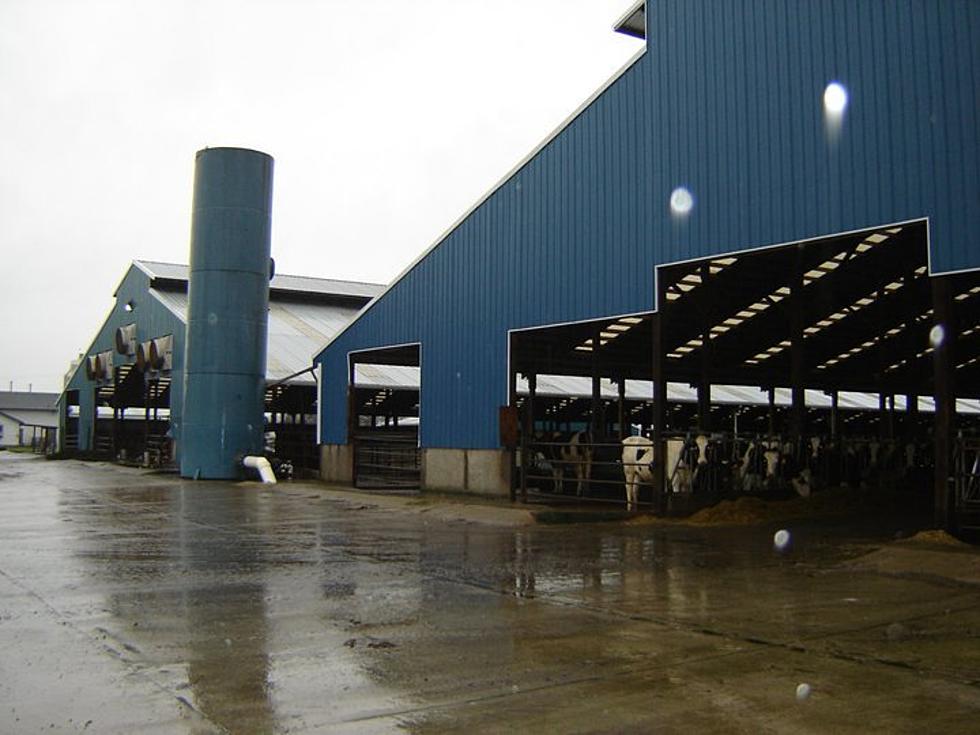
WSU Report Looks At Potential Of Biochar
Washington State University recently published a roadmap for future development of the biochar industry in the Pacific Northwest and beyond. Karen Hills with WSU’s Center for Sustaining Agriculture and Natural Resources said this collaborative effort not only looked at the current state of the biochar industry, but also tried to address what it will take for biochar to move to the next level.
“And provide sort of the maximum benefit in terms of what biochar can do from climate change mitigation to increasing soil health and improving agricultural soils to revitalizing rural economies in these places that have had forest-based industries.”
Hills noted while the potential for biochar is great, many questions remain.
“If someone is going to invest in this product, for use on their farm, they have to know that they’ll get a return on their investment. And although there has been a lot of biochar research undertaken, there’s such a wide variety of seed stocks, and methods for producing biochar as well as soils and crop production systems that, we’re not really at a point where it’s easy to predict if you apply this particular biochar in this system, we can accurately predict, or at least reasonably predict, what is going to happen or how that’s going to benefit the crop.”
Hills added their research shows that the biochar industry has the potential to draw down emissions in Washington by 8%-19%. Biochar is the carbon-rich solid produced by heating biomass under low-oxygen conditions to a temperature where its chemical structure transforms to a more stable form.
Click Here to read WSU's Roadmap.
If you have a story idea for the PNW Ag Network, call (509) 547-1618, or e-mail gvaagen@cherrycreekmedia.com
More From PNW Ag Network
